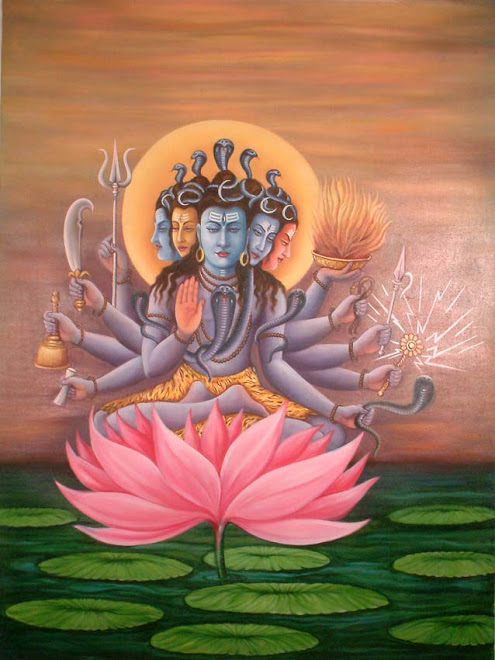Seems that way lately. The last 11 have all been by female writers. After I took my first feminist lit class back in college I made a vow to only read women writers for five years. And I stuck to it, and even added a couple of years. I'm so grateful I did and also glad I widened my horizons eventually. But lately I think I've renewed that vow. At least these last seven, in brief, are all penned by gals.
#29 Drinking: A Love Story is a well-respected memoir by Caroline Knapp, focusing--big spoiler alert here--on her years, or rather decades, of alcohol abuse. Sadly, the book is less of a memoir and more of an extended essay about alcoholism, its roots, its dangers, its challenges. And more sadly, Knapp died of cancer only a few years after finally getting sober. Anyone think life is fair? I found it a slow read, and I kept wishing it were more of an actual story and less of an analysis of addiction and its consequences.
#30 was such a disappointment. I had read Kate Summerscale's Mrs. Robinson's Disgrace, a true story of the first divorce in Victorian England, and found it quite interesting. And her new book seemed like a fascinating followup and got good reviews. The Wicked Boy is another true story, about a 13-year-old boy who murdered his mother in 1895, while his father is away. He and his 12-year-old brother leave the body in bed where the deed was done and go to cricket matches, pawn shops, and chips sellers, until the stench gives them away. Sounds fascinating, right? Sadly, it wasn't. The book is drastically padded--Summerscale clearly didn't have enough to work with, so there are lengthy descriptions of the weather (do we really need to know that the Monday of the trial was damp and chilly and on Tuesday the sun came out?), what people wore, how the cricket match progressed (really tedious for a reader who doesn't have a clue how cricket is played), etc. And in the end, there isn't much in the way of insight. I still don't know what drove Robert to kill his mother. I wish she had written an article instead; whittling away all the extraneous information might have made for an interesting story.
#31 was another Ruth Ware. The Woman in Cabin 10 was a relatively fun read, and her prior thriller, In a Dark, Dark Wood, turned out to be equally entertaining, and, hurrah! the main character was not a drunk or complete emotional mess. Only a partial one. The whodunnit was so completely obvious to me that I disdained the main character for not seeing it as clearly as I did. But it was gripping enough, and easy enough, and, at a couple of moments, downright scary.
#32 Finally! A genuine, well-written piece of literary fiction. Sarah Waters never disappoints and The Night Watch lives up to her reputation. It tells the story of four Londoners during World War II. The book starts in 1947 and moves backward to 1941 to tell of how their complicated relationships began. I was wary of the gimmick, and think the book would have been better off without it. Her characters are so deeply drawn and her stories so interesting that the backwards path made the reader focus more on the unanswered questions of how it started instead of staying completely with the story as it progressed. But despite that irritation, it was a moving and handsomely crafted book, with compelling characters and a terrific evocation of London during that dark time.
#33 I picked up Emily Giffen's Love the One You're With while traveling, trading it for In a Dark, Dark Wood. I think the hotel I left Ware's thriller in got the better end of that deal. Giffen's novel is complete piffle that can be summed up in one sentence: A woman in a seemingly perfect new marriage runs into an old flame and the spark reignites. Will she leave her handsome, rich, kind, intelligent husband? Who also happens to be the brother of her very best friend? Will she have an affair with the dark, handsome, bad boy she can't shake? Who cares. You can read this book in a day, and that may be the best thing I can say about it.
#34 Another hotel find: the always entertaining Agatha Christie's Cards on the Table. Although it probably would have made the book more fun if I understood bridge, since the murder takes place at a bridge party and the score sheet is an important clue, it's always fun to spend some time with the great Christie and her greatest creation: the brilliant Hercule Poirot exercising his "grey matter" with the greatest of skill.
#35 Ugh. A New York Times bestseller? Finalist for the National Book Award? President Obama's favorite book of 2015? Really? I thought Lauren Groff's Fates and Furies was pretentious and overwritten. The story of a marriage, told in the first half of the book from his perspective and in the second half from hers, it annoyed the heck out of me and I couldn't wait for it to end. Every sentence seems like half-baked college-age poetry, and the characters and the story are absurd. Have I said ugh? Ugh.

No comments:
Post a Comment